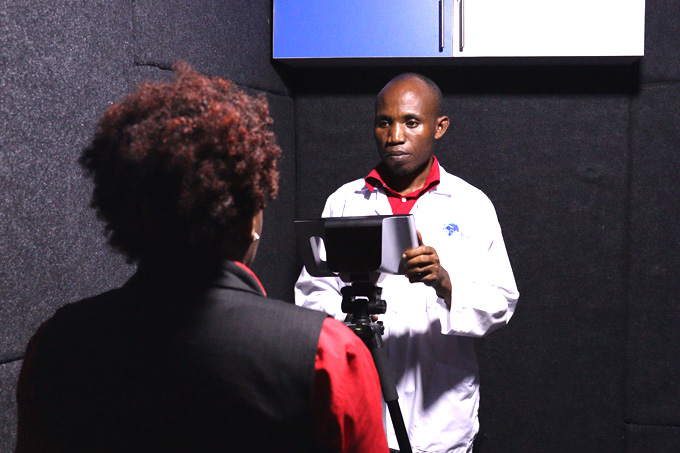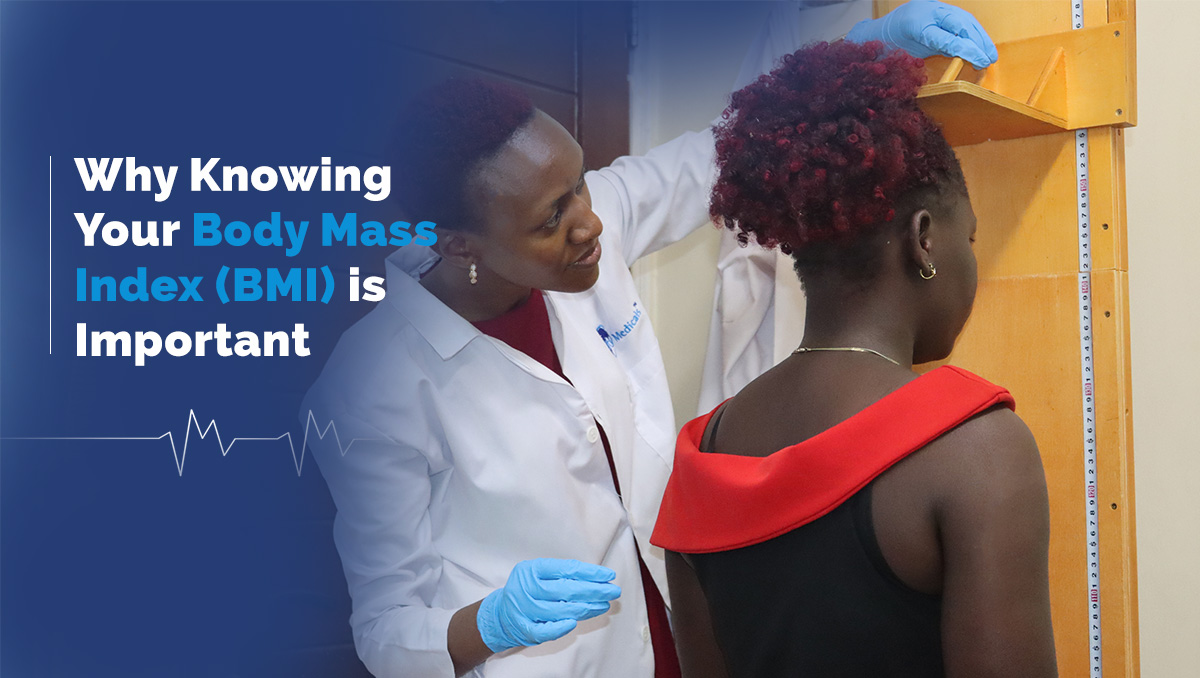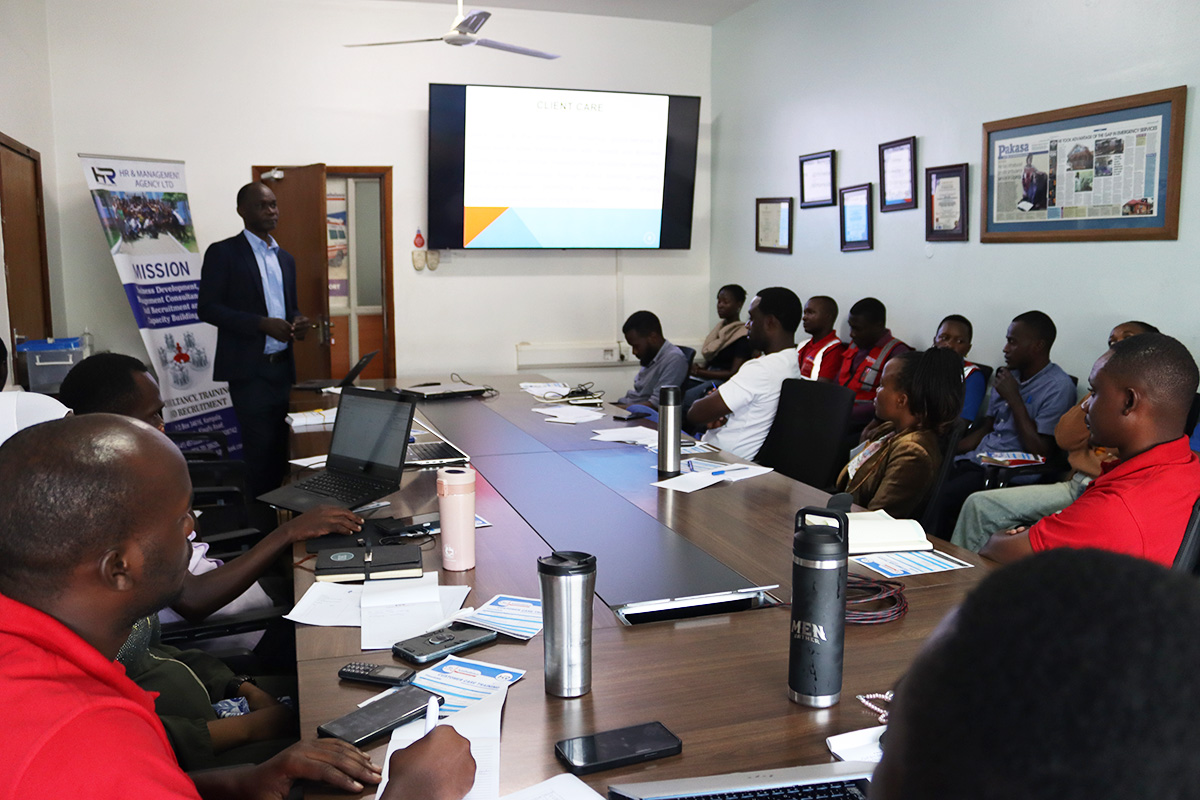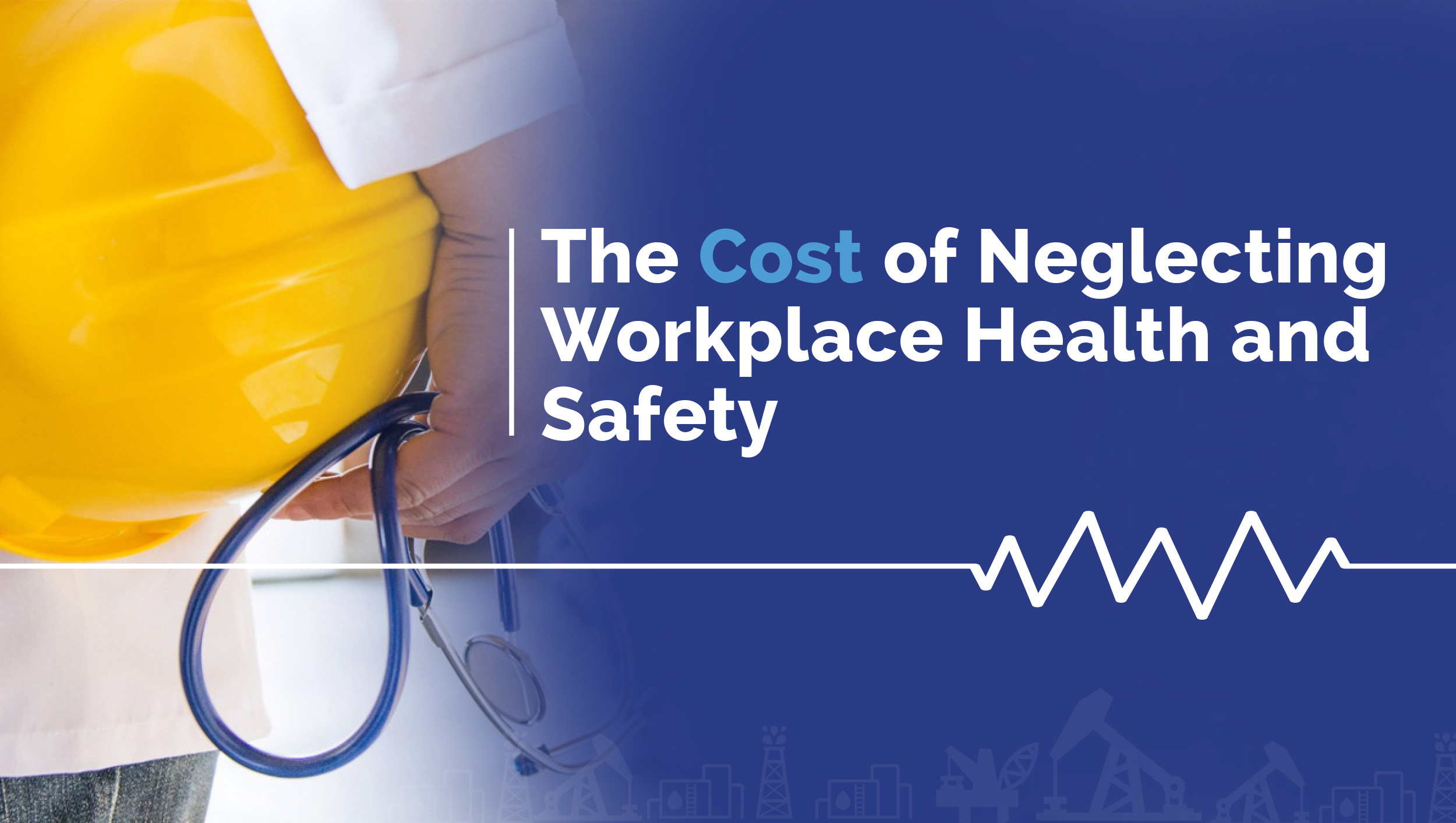Staying healthy isn’t just about eating right and exercising—it also means being proactive about your health through regular screenings. Health screenings can detect issues early when they’re often easier to treat and manage. Whether you’re in your 20s or your 60s, these 10 essential health checks should be part of your wellness routine.
1. Blood Pressure Screening
High blood pressure (hypertension) is a silent killer that can lead to heart disease, stroke, and kidney problems. Adults should have their blood pressure checked at least once every two years, or more frequently if it’s elevated.
2. Cholesterol Check
Cholesterol buildup in the arteries can lead to heart disease. A lipid panel checks total cholesterol, LDL (bad cholesterol), HDL (good cholesterol), and triglycerides. Adults aged 20 and above should get screened every 4–6 years, or more often if there’s a family history of heart disease.
3. Blood Glucose Test (Diabetes Screening)
A fasting blood sugar or HbA1c test helps detect prediabetes or diabetes. Early diagnosis allows for lifestyle adjustments and medical management before serious complications arise. Most adults should start screening at age 35 and repeat every 3 years, or earlier if overweight or at risk.
4. Cancer Screenings
• Breast Cancer: Women should begin regular mammograms at age 40–50, depending on individual risk factors, and continue every 1–2 years.
• Cervical Cancer: Women aged 21–65 should get a Pap smear every 3 years, or every 5 years if combined with HPV testing.
• Colorectal Cancer: Starting at age 45, both men and women should begin regular colon cancer screening (colonoscopy or stool tests) every 1–10 years depending on the method.
• Prostate Cancer: Men over 50 (or earlier for high-risk groups) should talk to their doctor about prostate-specific antigen (PSA) testing.
5. Vision Screening
Even if you don’t wear glasses, regular eye exams can detect glaucoma, cataracts, and age-related macular degeneration. Adults should have a vision test every 2 years, and annually after age 60.
6. Dental Checkups
Oral health is linked to overall health. Gum disease, for example, is associated with heart problems. Schedule dental cleanings and exams at least twice a year
7. Body Mass Index (BMI) and Obesity Assessment
While not a perfect measurement, tracking BMI can help identify weight-related health risks. Your provider may also assess waist circumference and body fat percentage.
8. Sexually Transmitted Infections (STIs) Testing
Sexually active individuals, especially those with multiple partners, should get regular screenings for STIs such as HIV, chlamydia, syphilis, and gonorrhea—even if there are no symptoms.
Conclusion
Your health is your greatest asset. Regular screenings don’t just help you live longer—they help you live better. Talk to your healthcare provider about a personalized screening schedule based on your age, family history, and lifestyle. Prevention and early detection can make all the difference.
At City Medicals, we specialize in providing tailored health assessment services to promote healthy living. Our services range from spirometry and audiometry to heart function tests, skin tests, vision testing, physical examinations, digital x-rays, and laboratory tests—all designed to keep you informed and in control of your health.
Call +256 200 906 345 to book your appointment today.
Stay proactive. Stay informed. Stay healthy.






